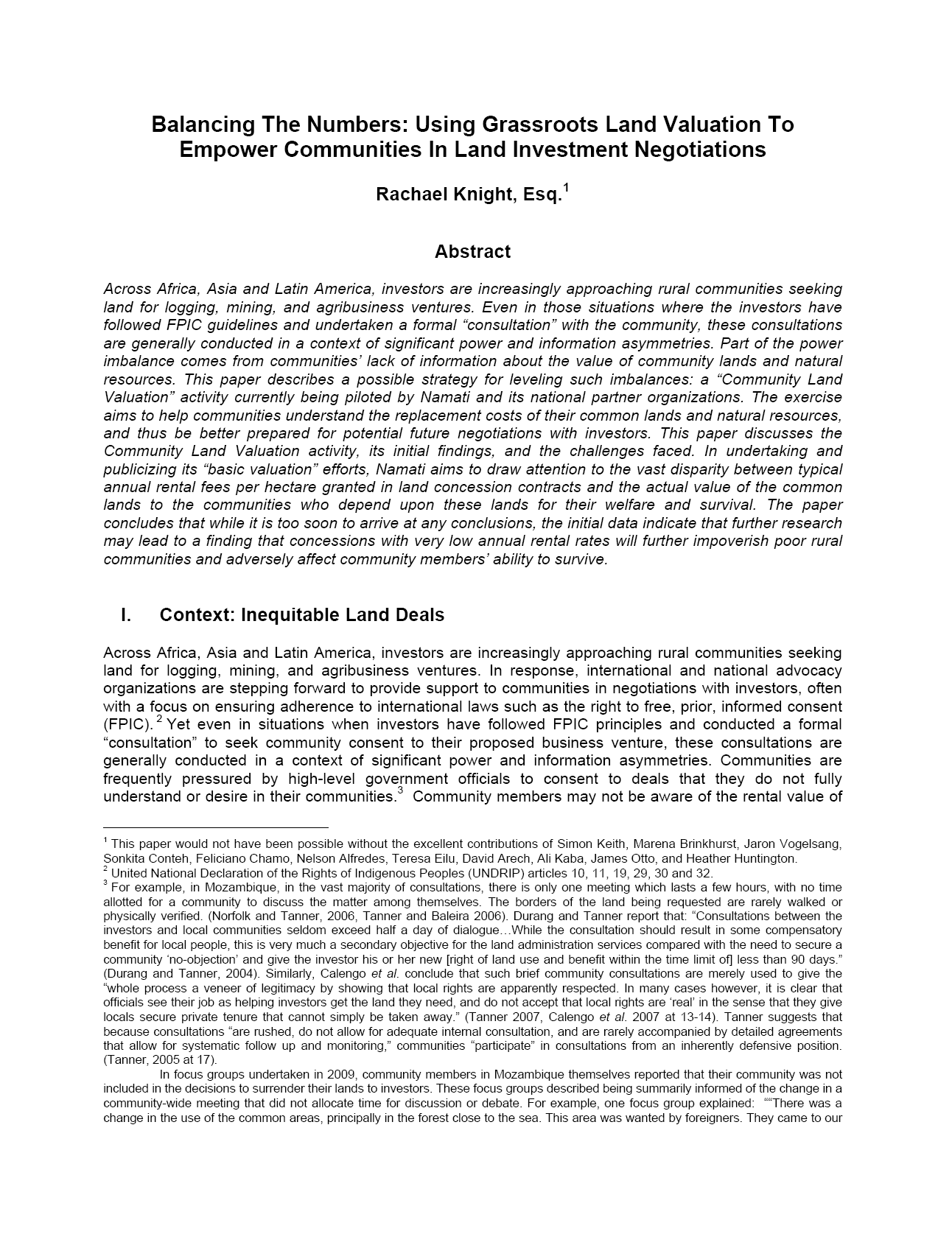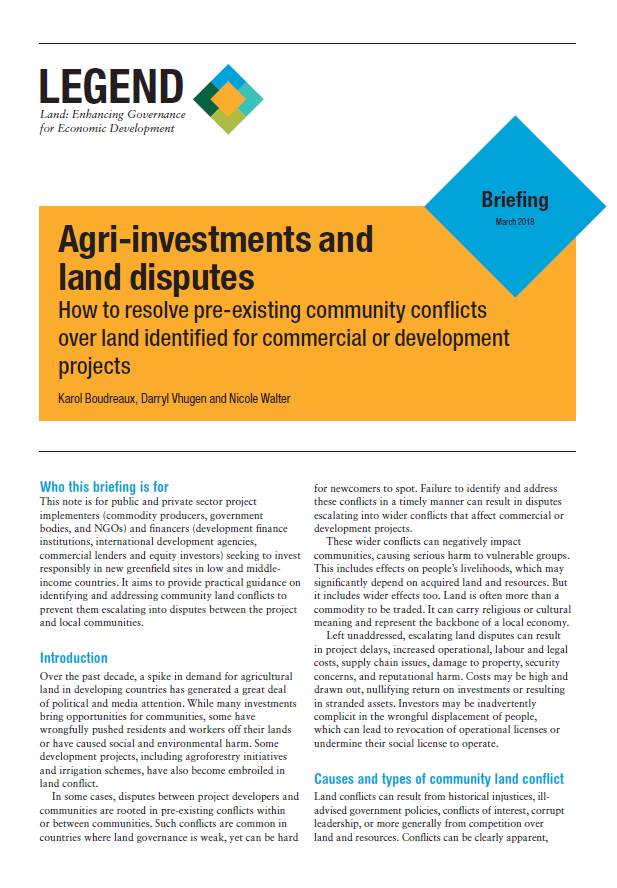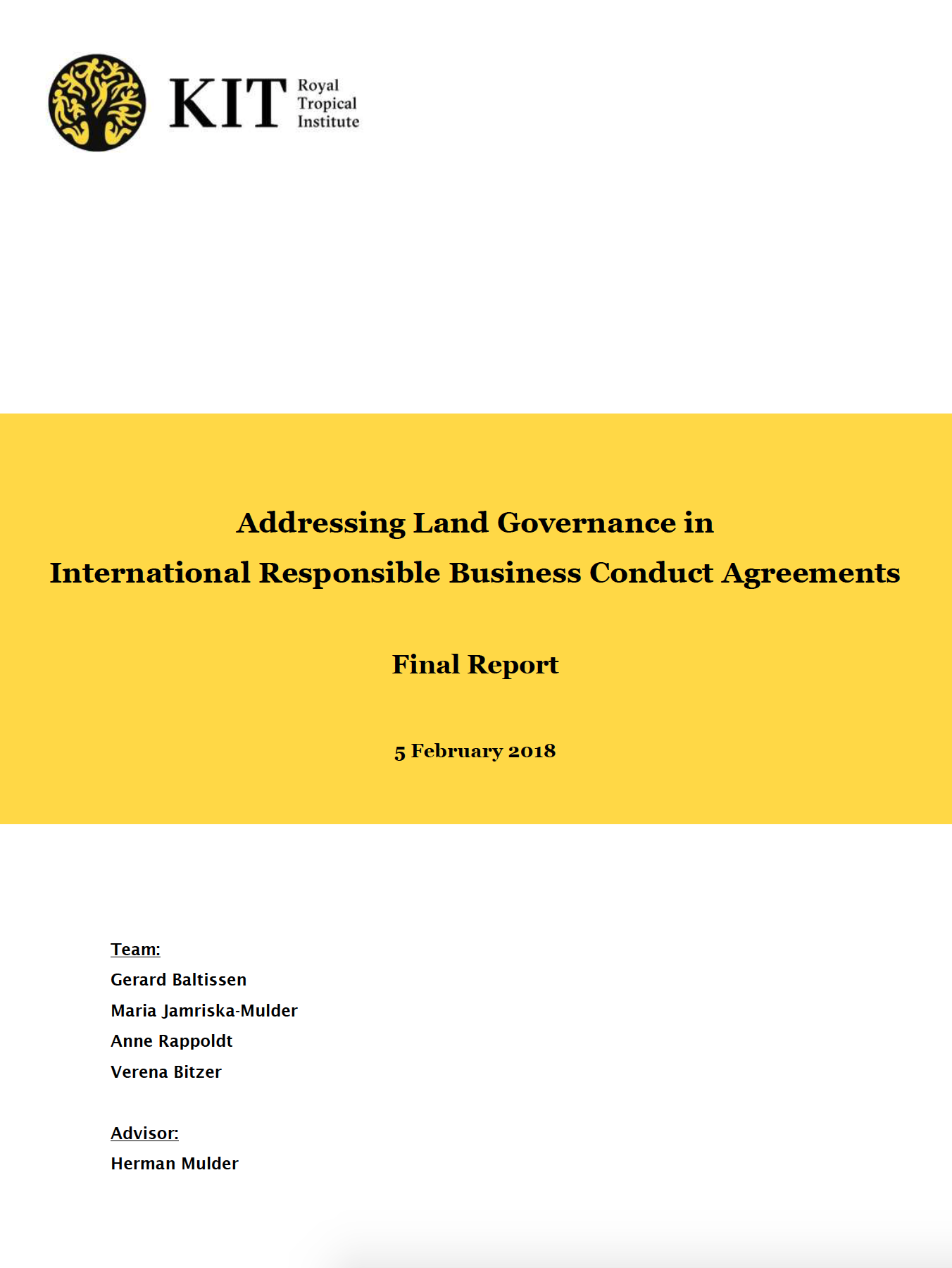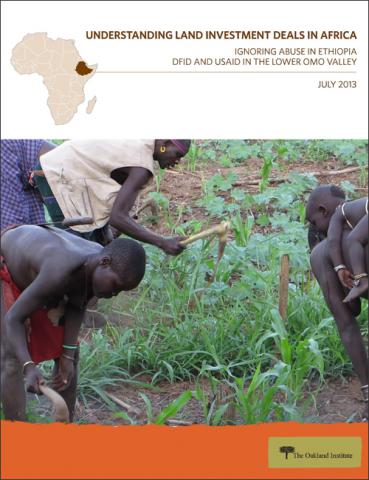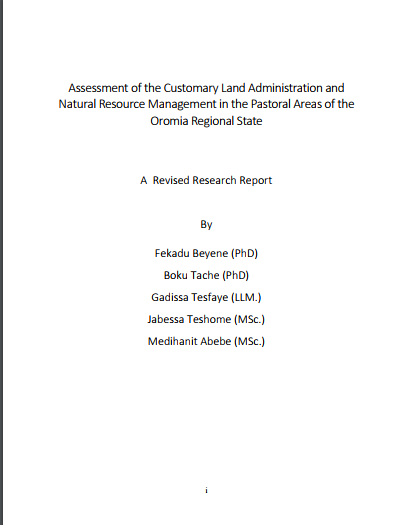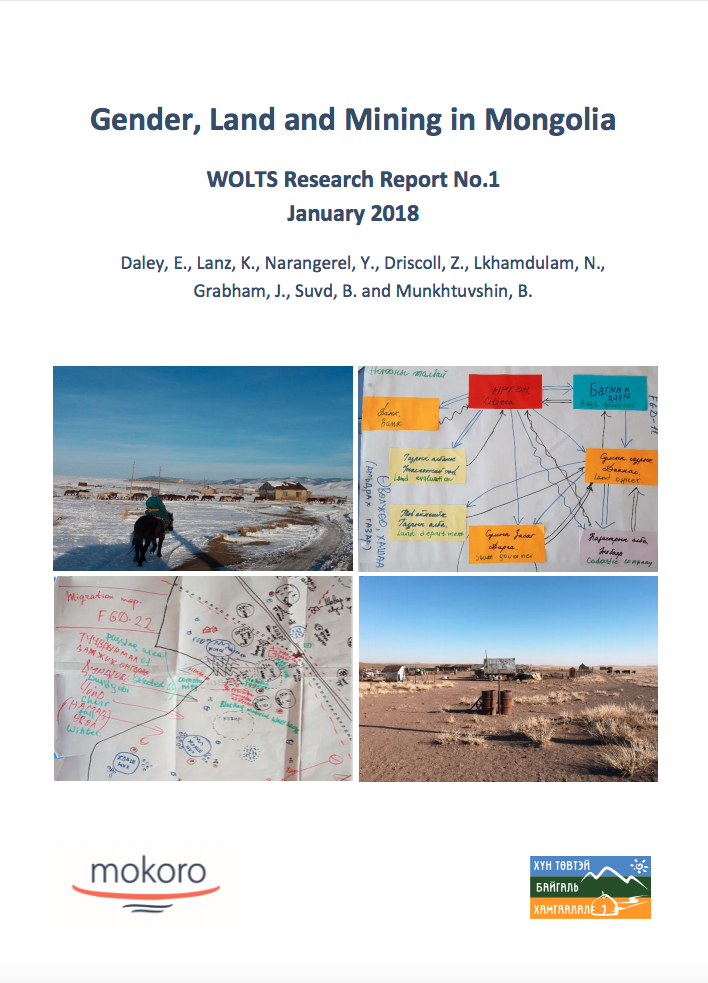Land use competition in SubSaharan Africa’s rural areas
Sub-Saharan Africa has always been perceived as a land-abundant continent. Deininger & Byerlee (2011) estimate that the continent has the largest area of potentially available uncultivated land. Despite these abundant resources, the agricultural sector continues to be dominated by smallholder production that is characterized by high labor and low capital intensities – but still produces the majority of food in Africa (IFAD & UNEP, 2013).


